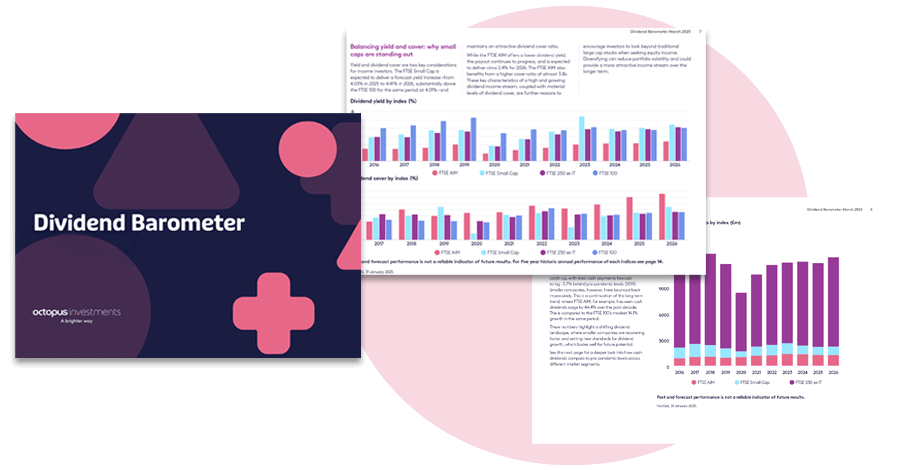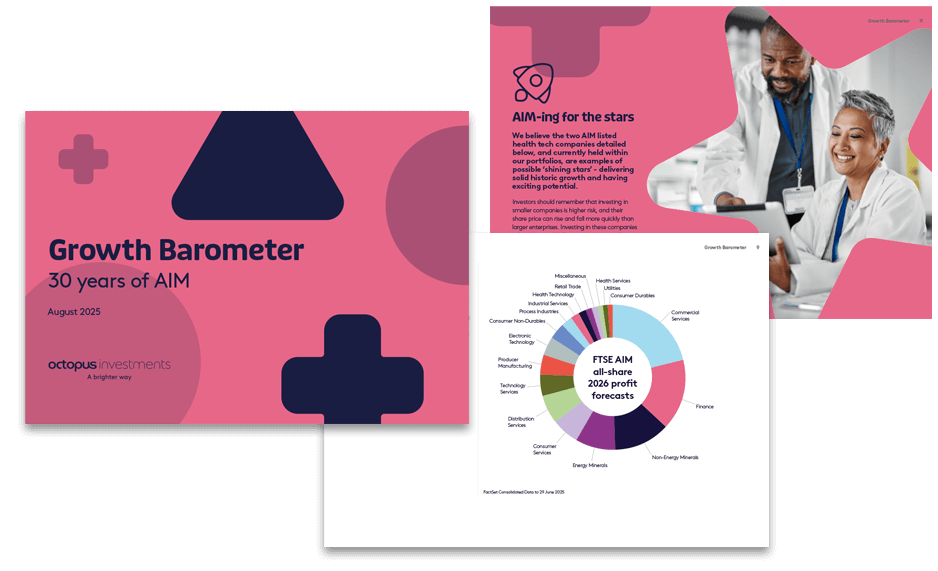Go back to EIS guide
EIS qualifying criteria
EIS qualifying criteria
EIS provides a funding channel for small companies who might otherwise struggle to find investment.
Companies that qualify for EIS funding
It’s important that funding is directed to those who need it most.
For starters, they must be trading businesses. They also have to be unquoted, so they can’t be listed on any stock exchange. However, they can be listed on AIM, which is considered unquoted in this case.
Companies that don’t qualify for EIS funding
The government designed EIS to focus funding where it’s needed most, and business sectors that qualify for EIS funding can change over time.
Businesses involved in the following activities are currently excluded from EIS funding:
- Dealing in land, property development and leasing
- Dealing in goods other than normal retail or wholesale distribution
- Dealing in financial instruments, banking, insurance, hire purchase, money lending and other financial activities
- Receipt of royalties or licence fees
- Legal and accounting services
- Farming and market gardening
- Forestry
- Operating or managing hotels or residential care homes
- Coal production, steel production and shipbuilding
- All energy generation activities
Knowledge Intensive Companies (KICs) are treated differently
A knowledge-intensive company (KIC) is defined as a company that considers research and development (R&D) as its main business activity. Following the Treasury’s Autumn Budget 2017, KICs are eligible for more EIS funding compared to other companies.
The rules in more detail
- The money invested must be used to buy new shares, not shares already in existence.
- There has to be a risk to capital – the investment can’t be structured to provide a low-risk investment.
- The funds raised must be used to deliver growth such as increasing revenue, customer base, number of employees. The funds should not be used to maintain the business (e.g. covering pre-existing day to day spending).
- The company can’t be trading for more than seven years (maximum ten years for a knowledge-intensive company). It also can’t be controlled by another company.
- It must be permanently established in the UK.
- There have to be fewer than 250 employees (500 for a KIC).
- Gross assets mustn’t exceed £15 million before investment and £16 million after investment.
- Any funds have to be used within 24 months.
- There’s a limit to how much a company can raise through EIS and other similar investment incentives:
- Annually, it mustn’t exceed more than £5 million (£10 million for KICs).
- Over a lifetime, it mustn’t exceed £12 million (£20 million for KICs).
Advance assurance
Any company can request advance assurance from HMRC. This is an assurance from HMRC to the company that an investment is likely to be eligible for EIS.
Companies don’t have to seek advance assurance, but it can provide a certain level of confidence that the company should be EIS-qualifying.






